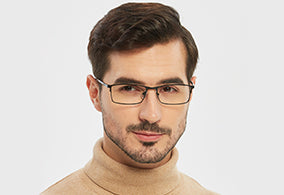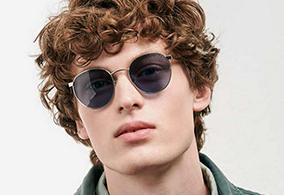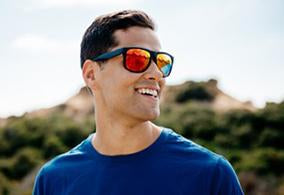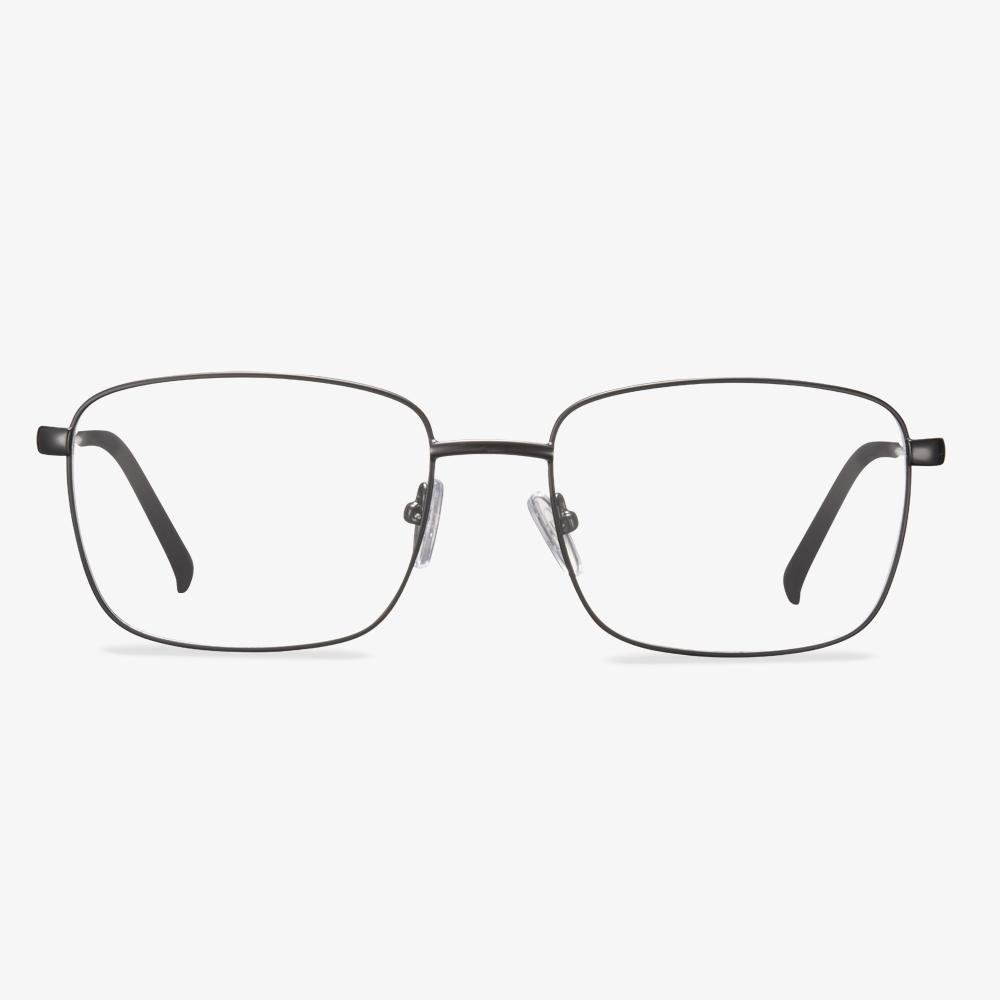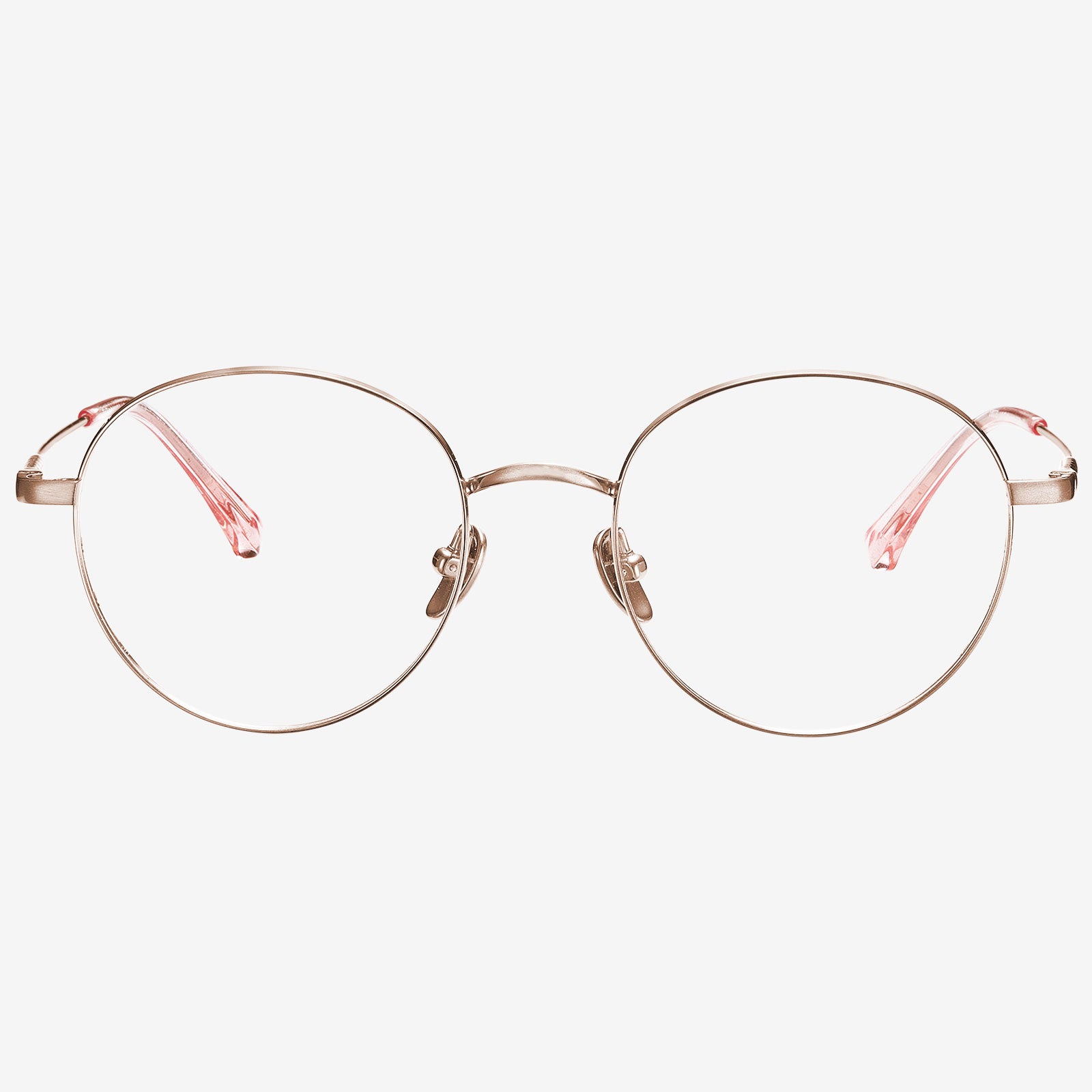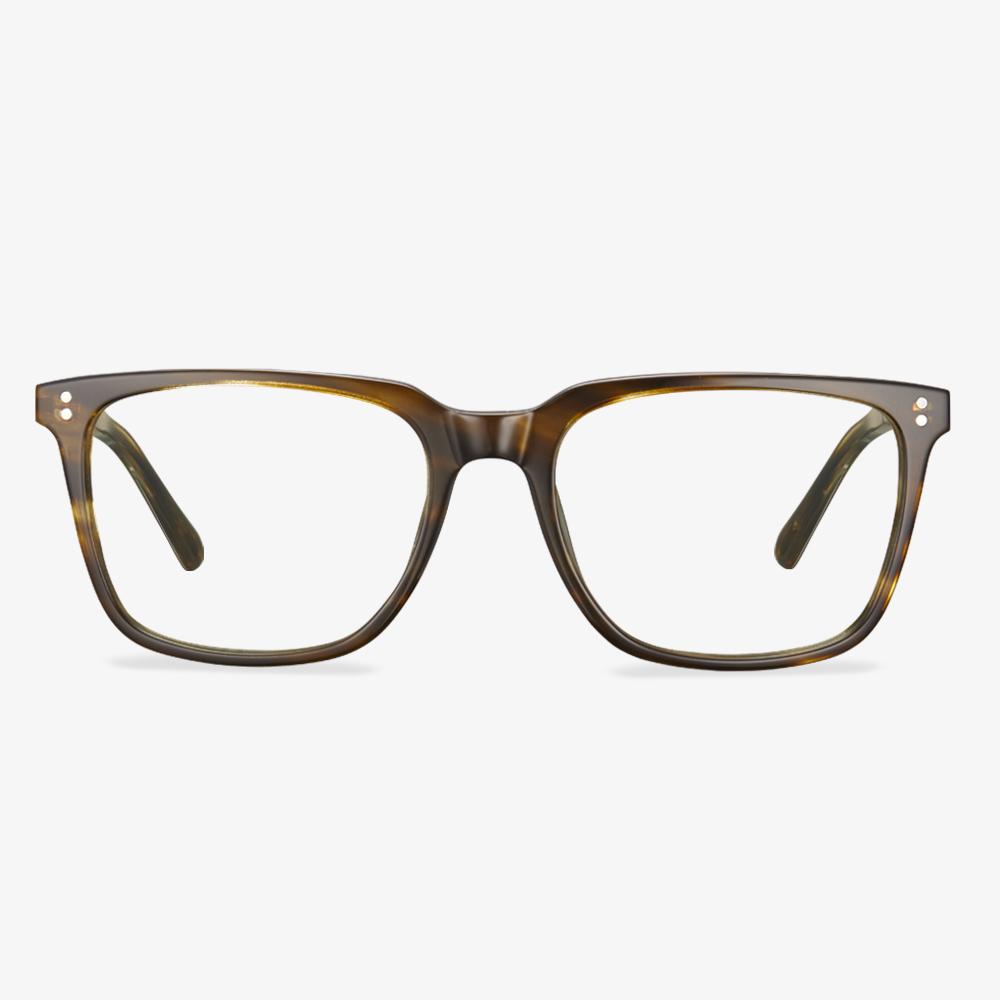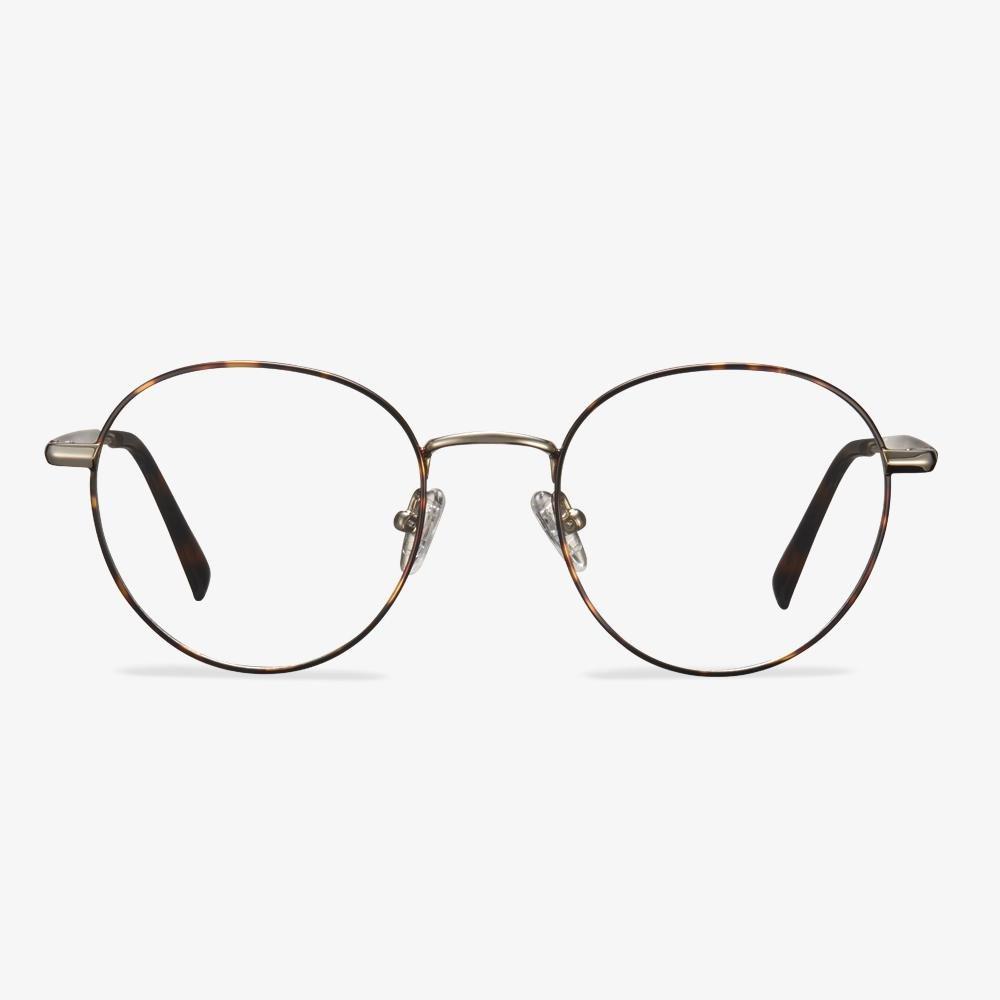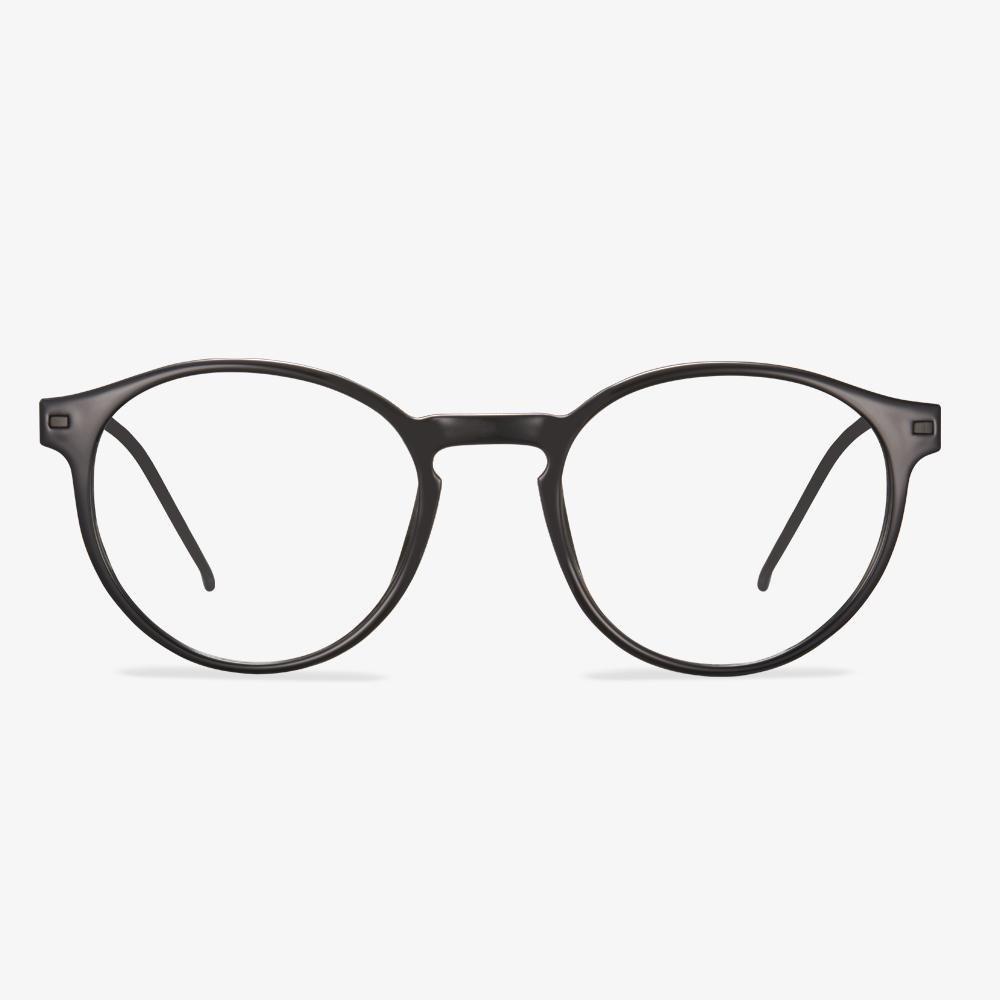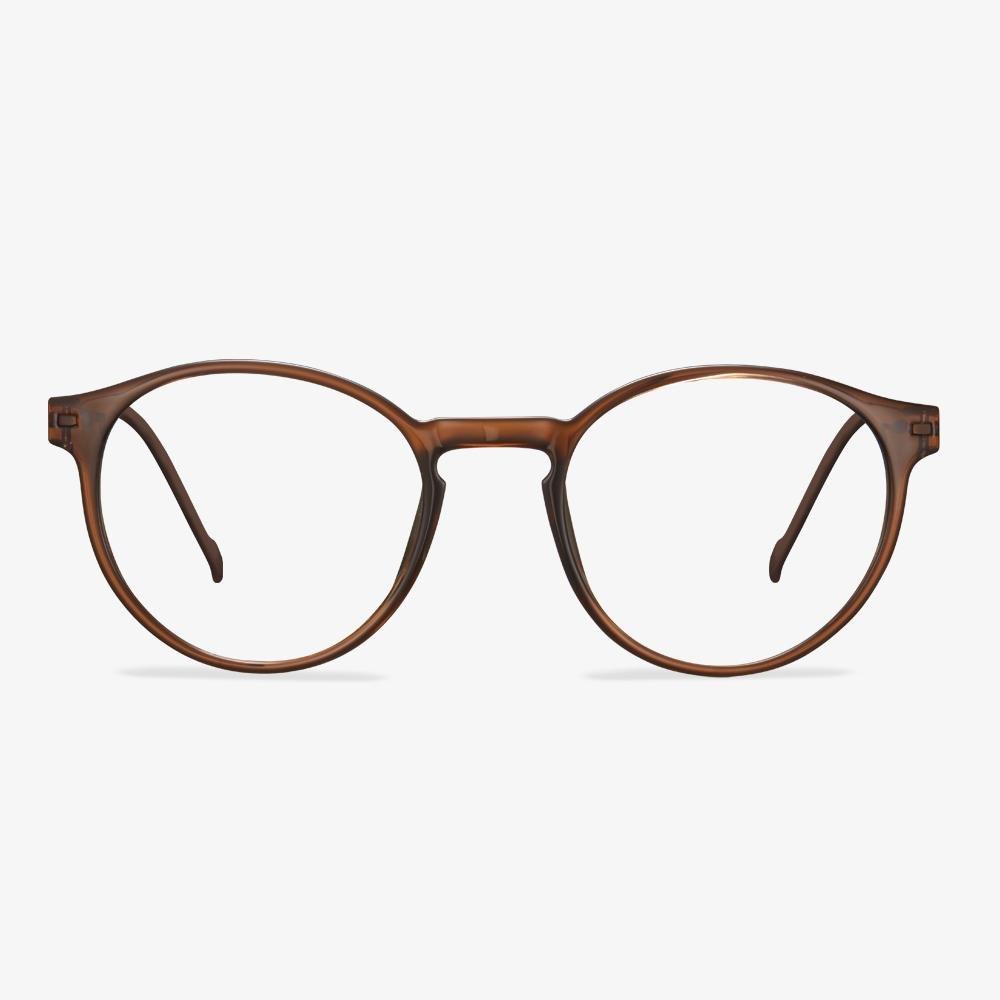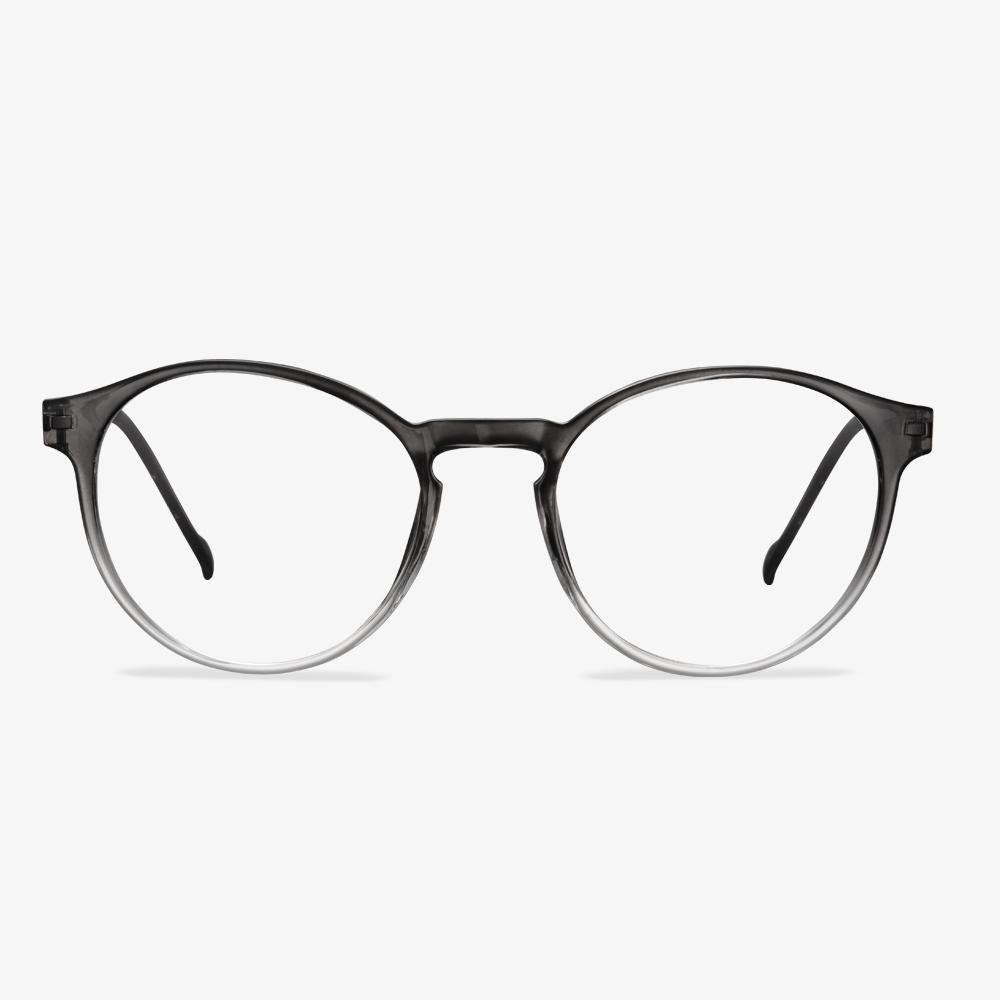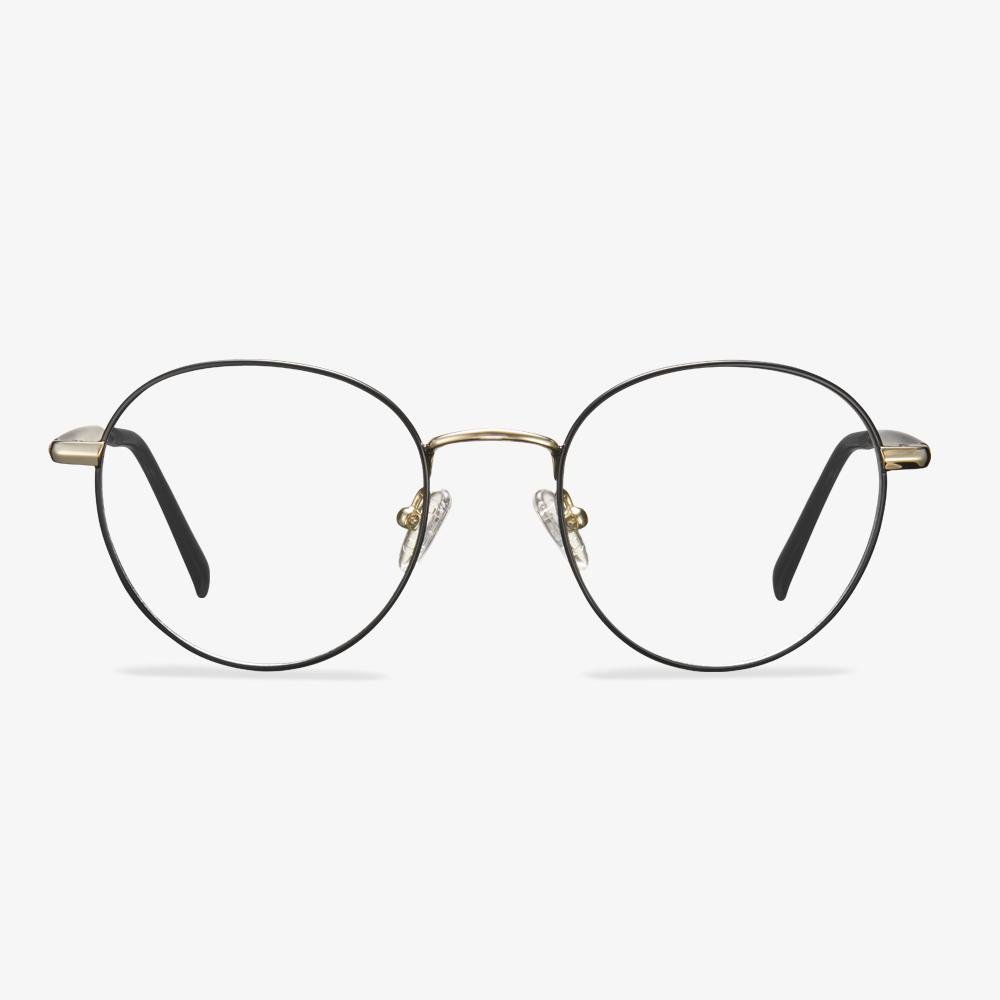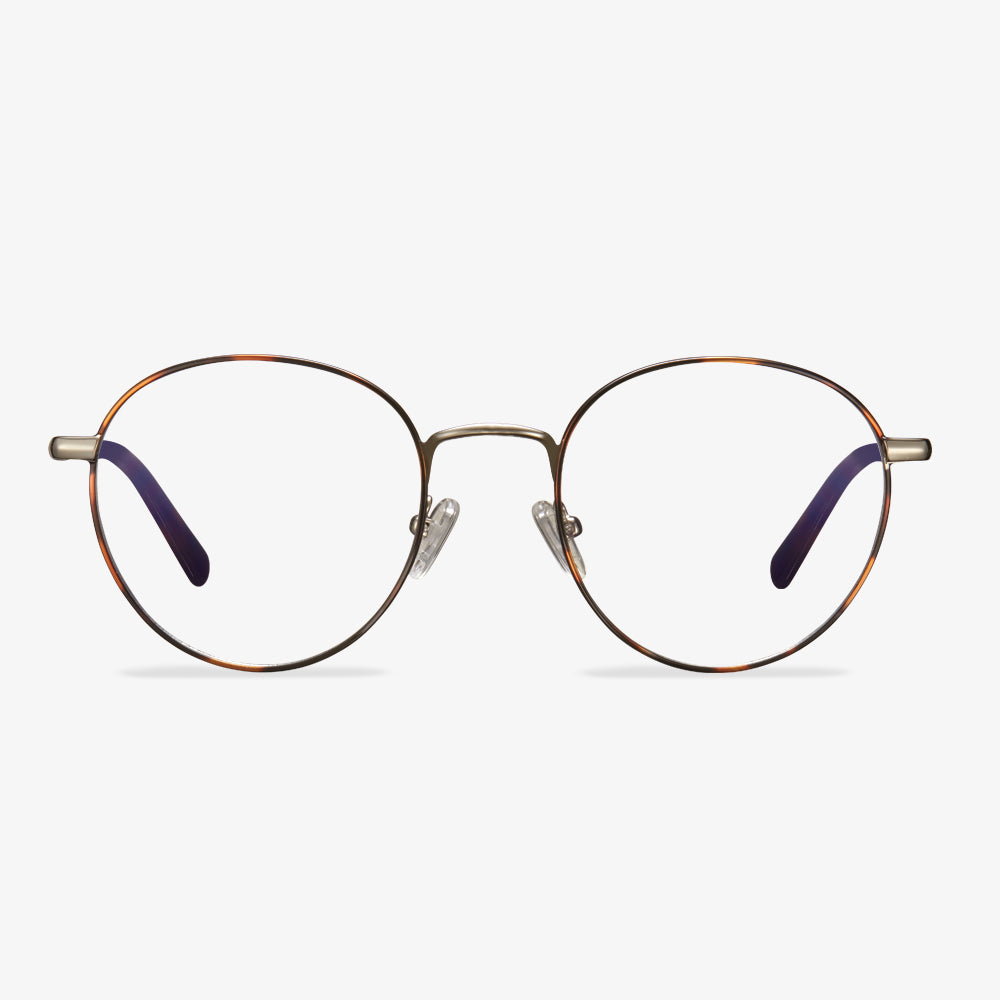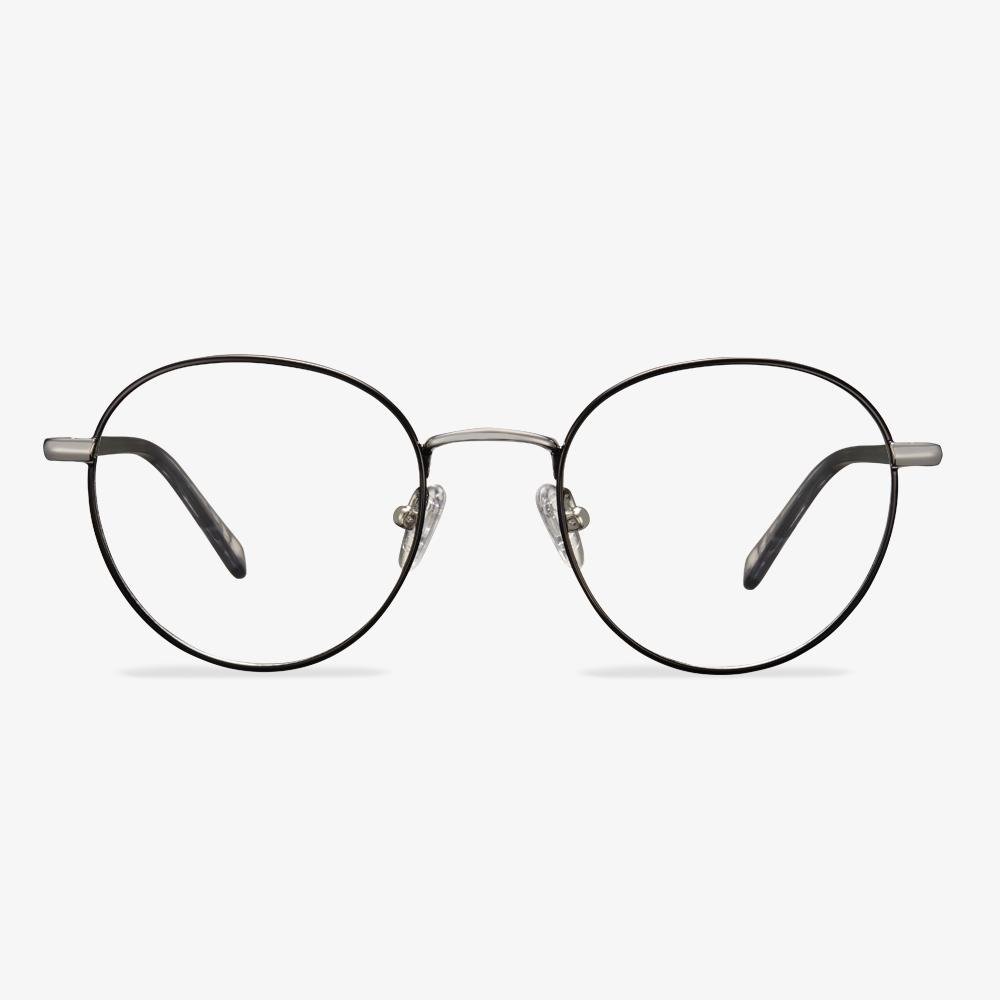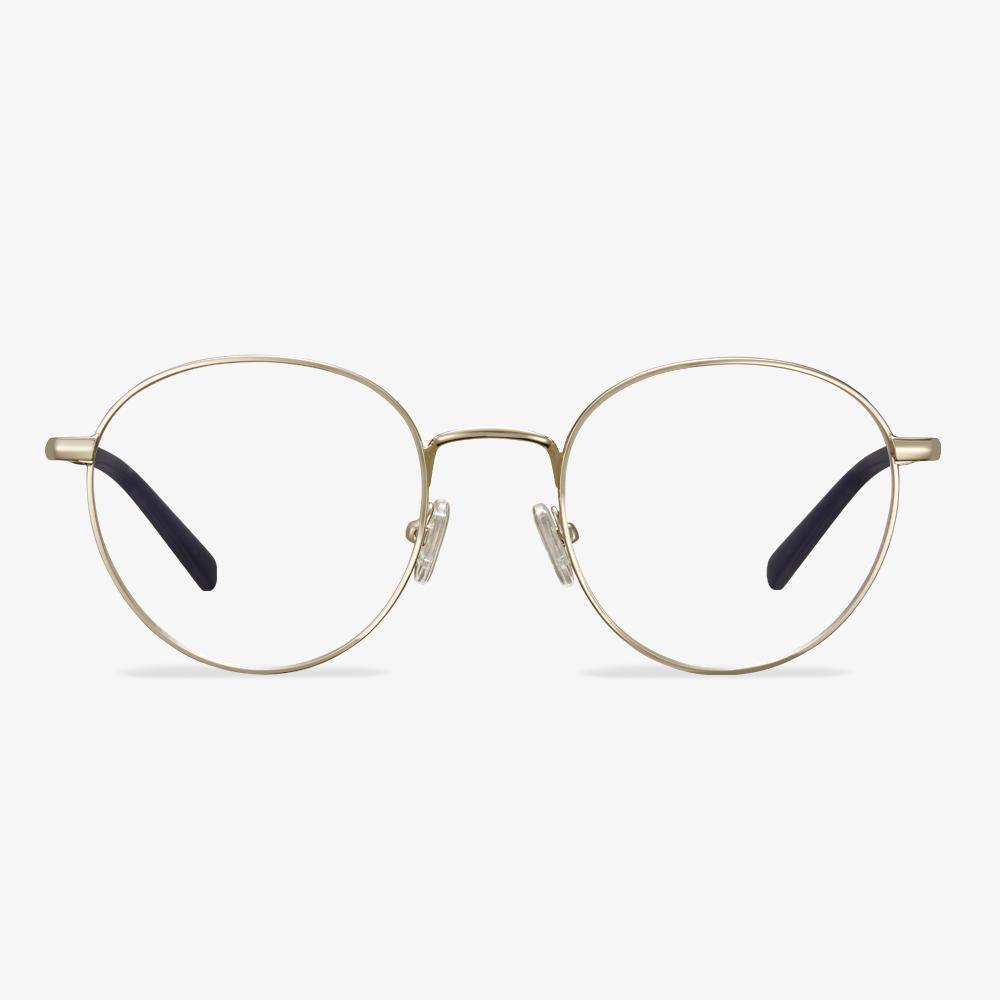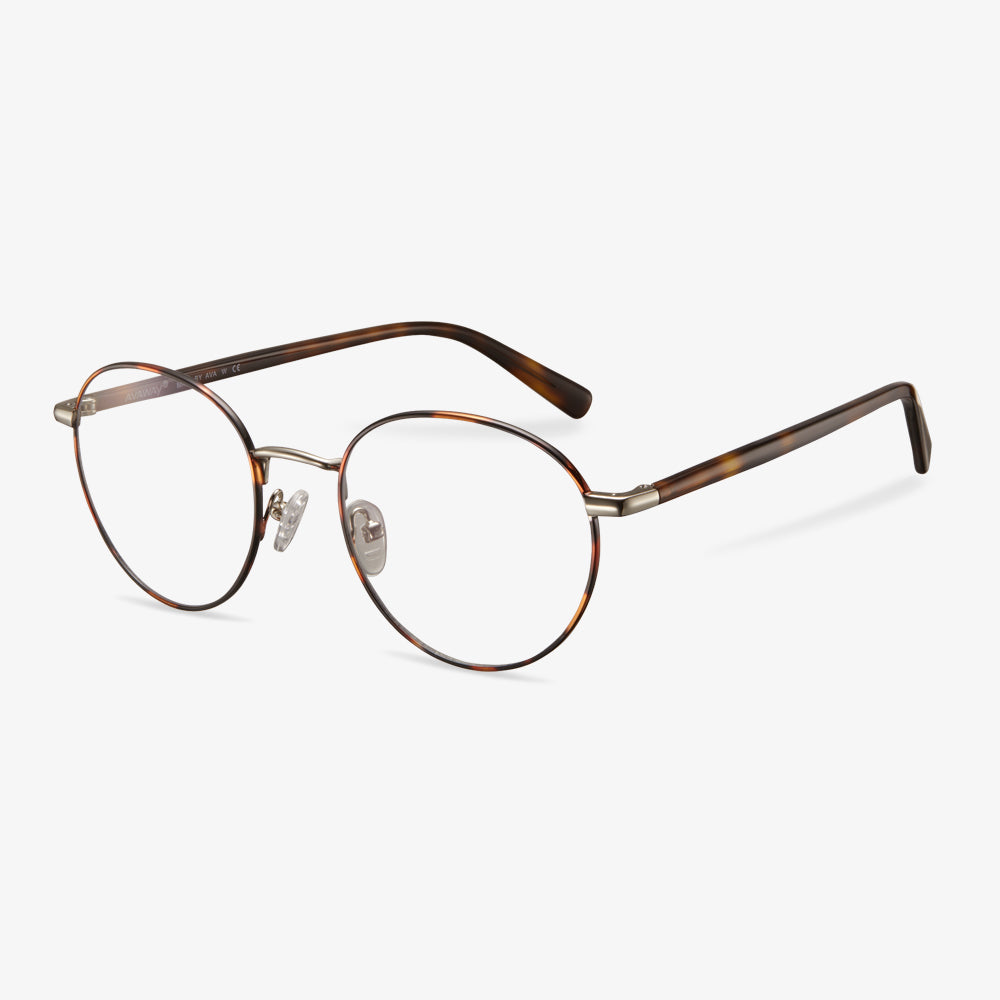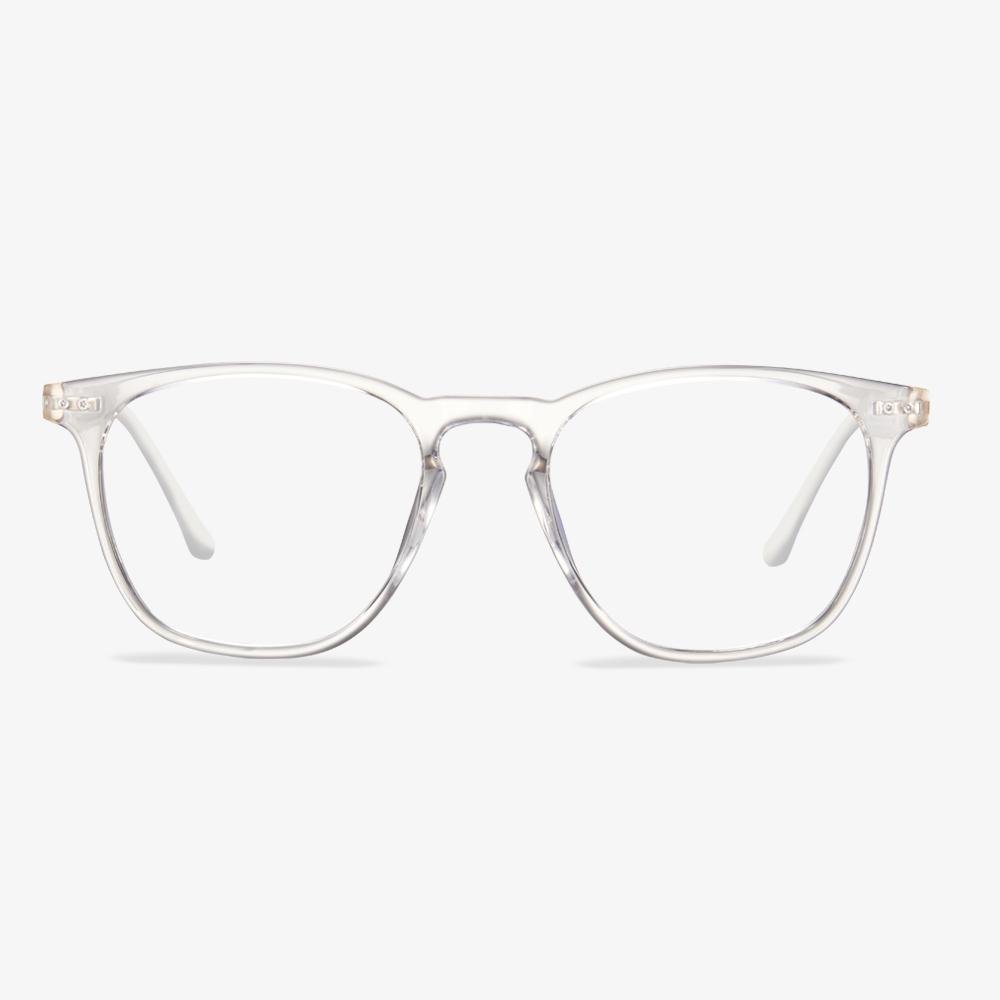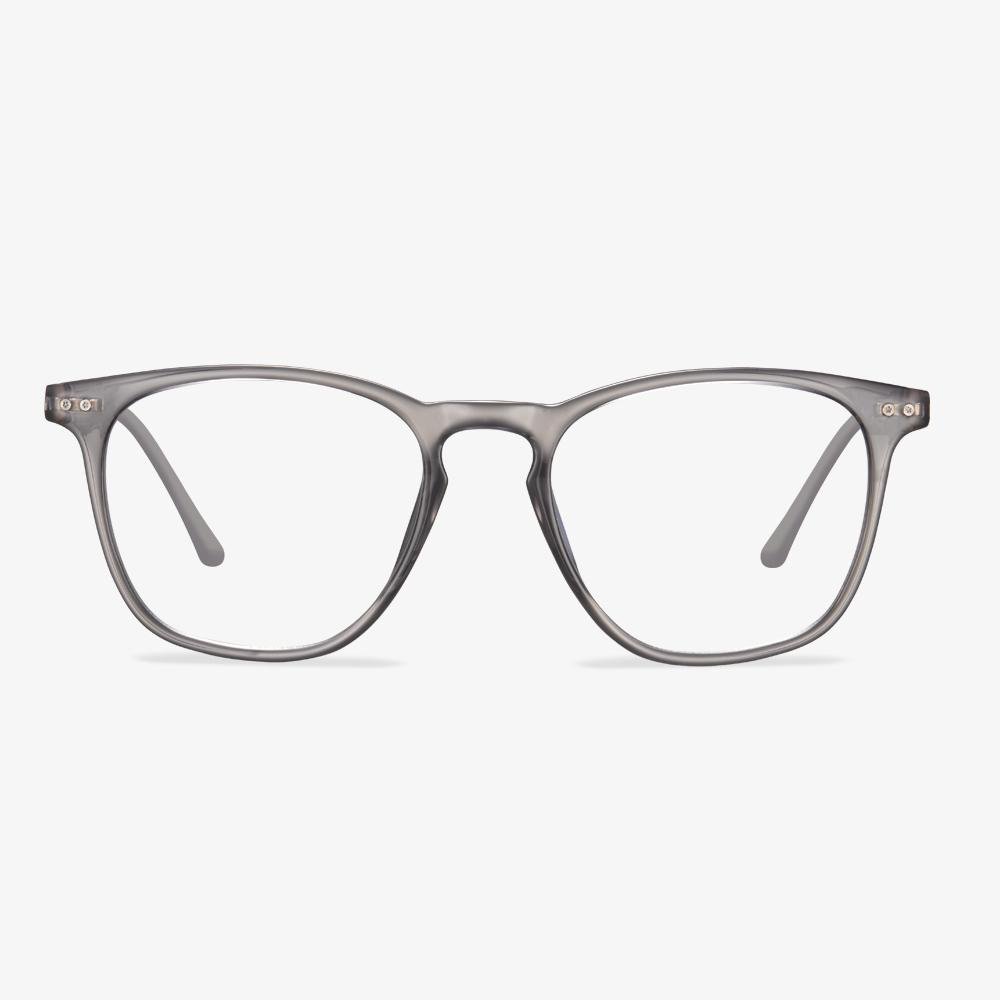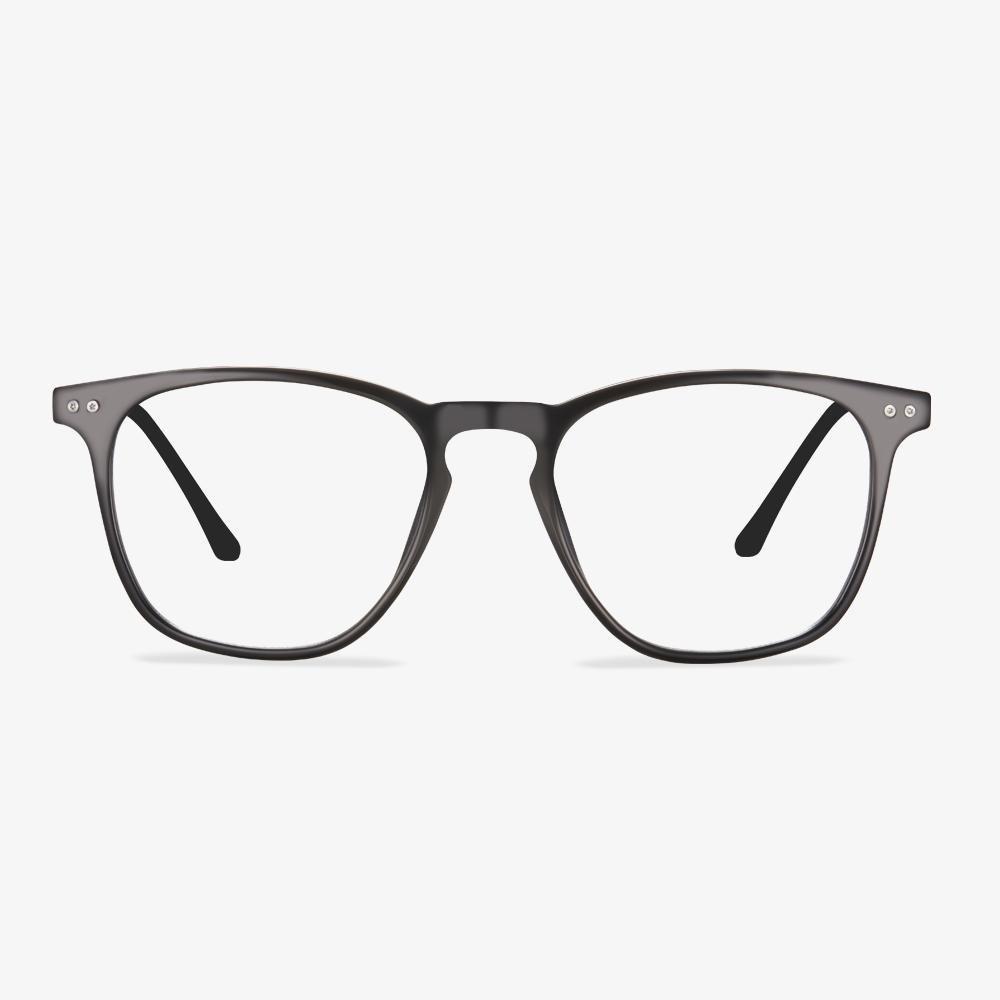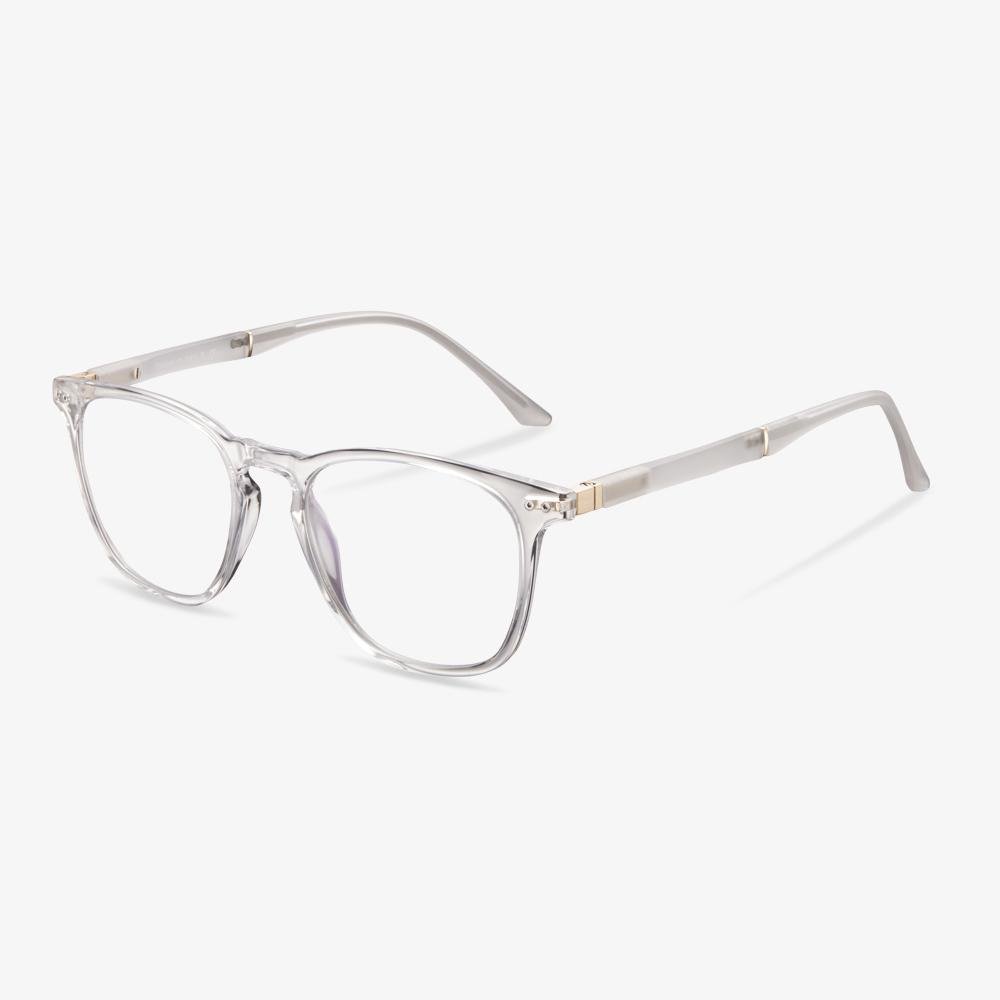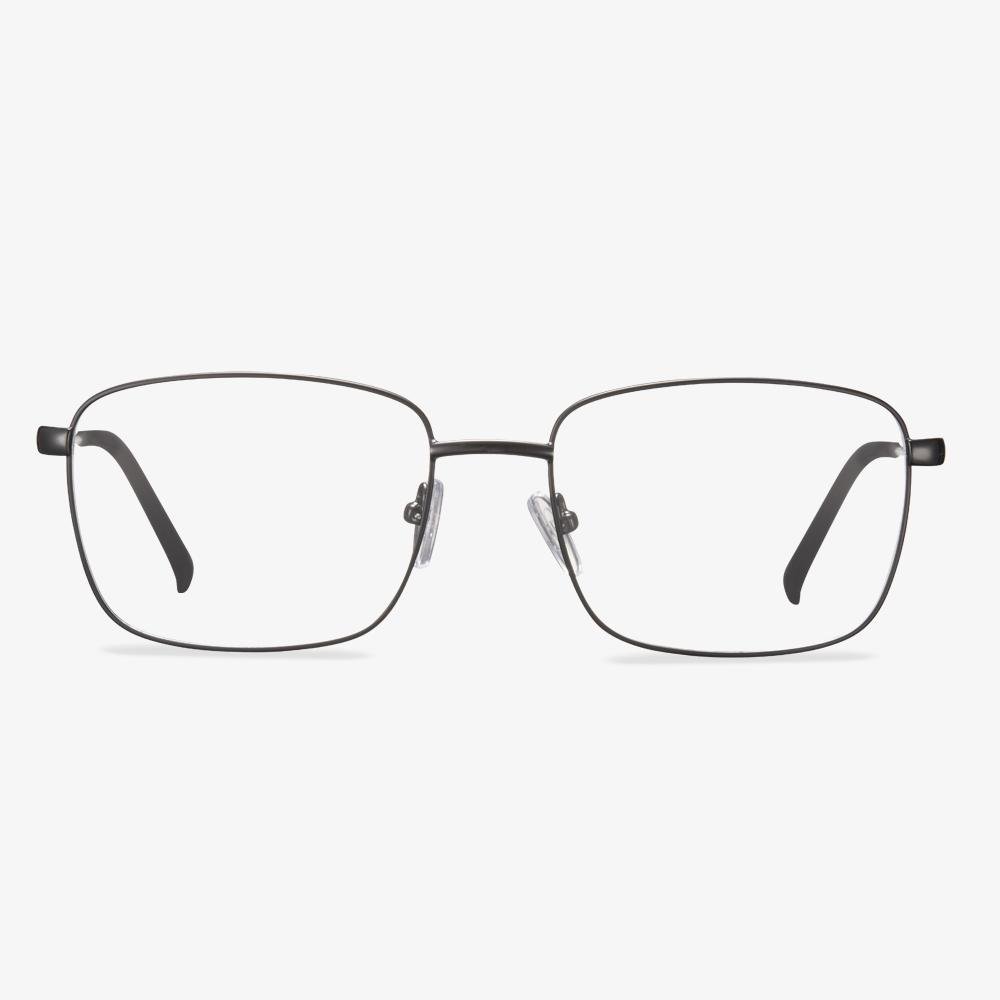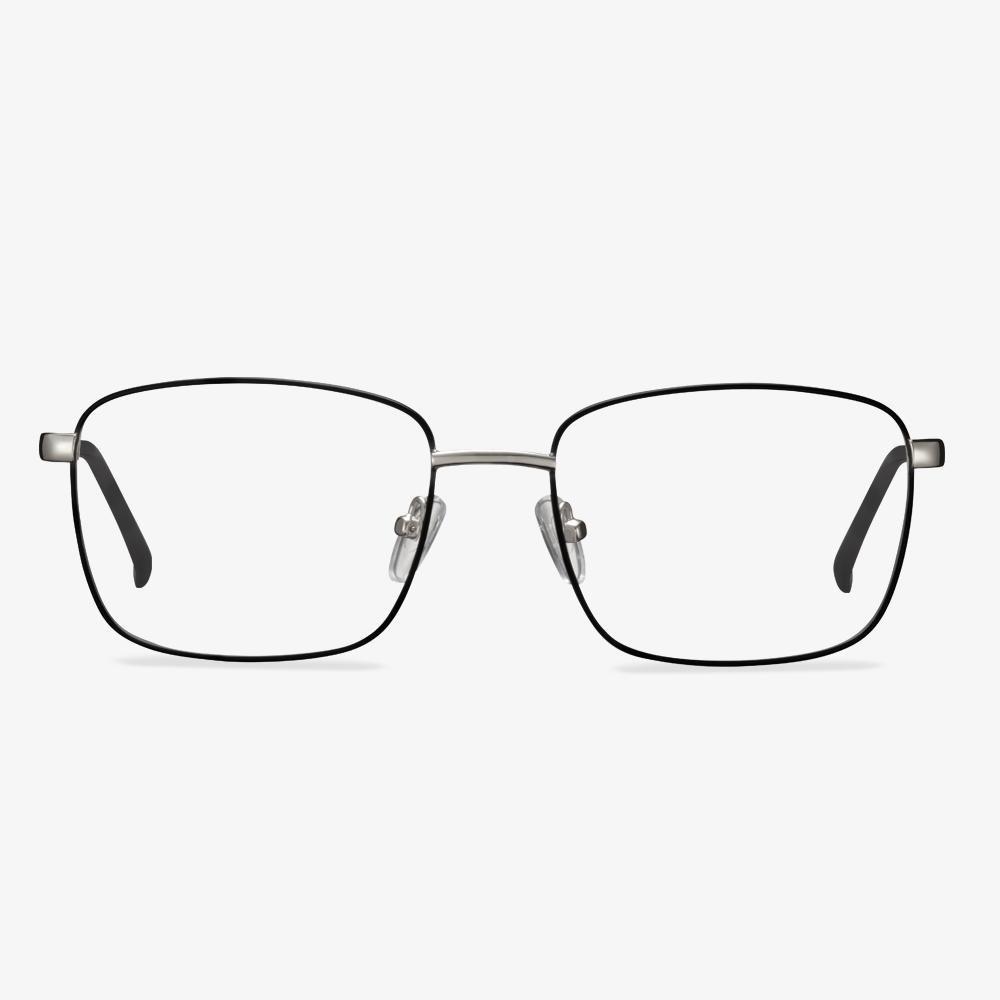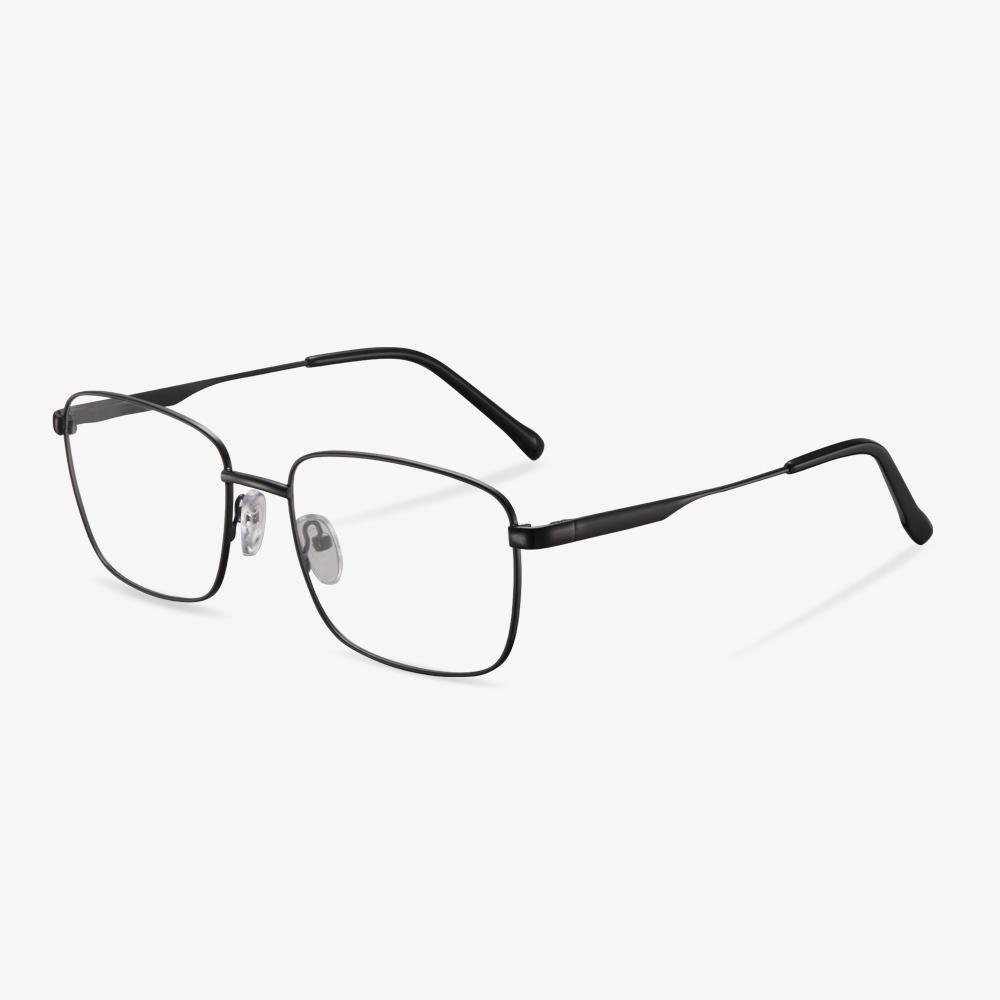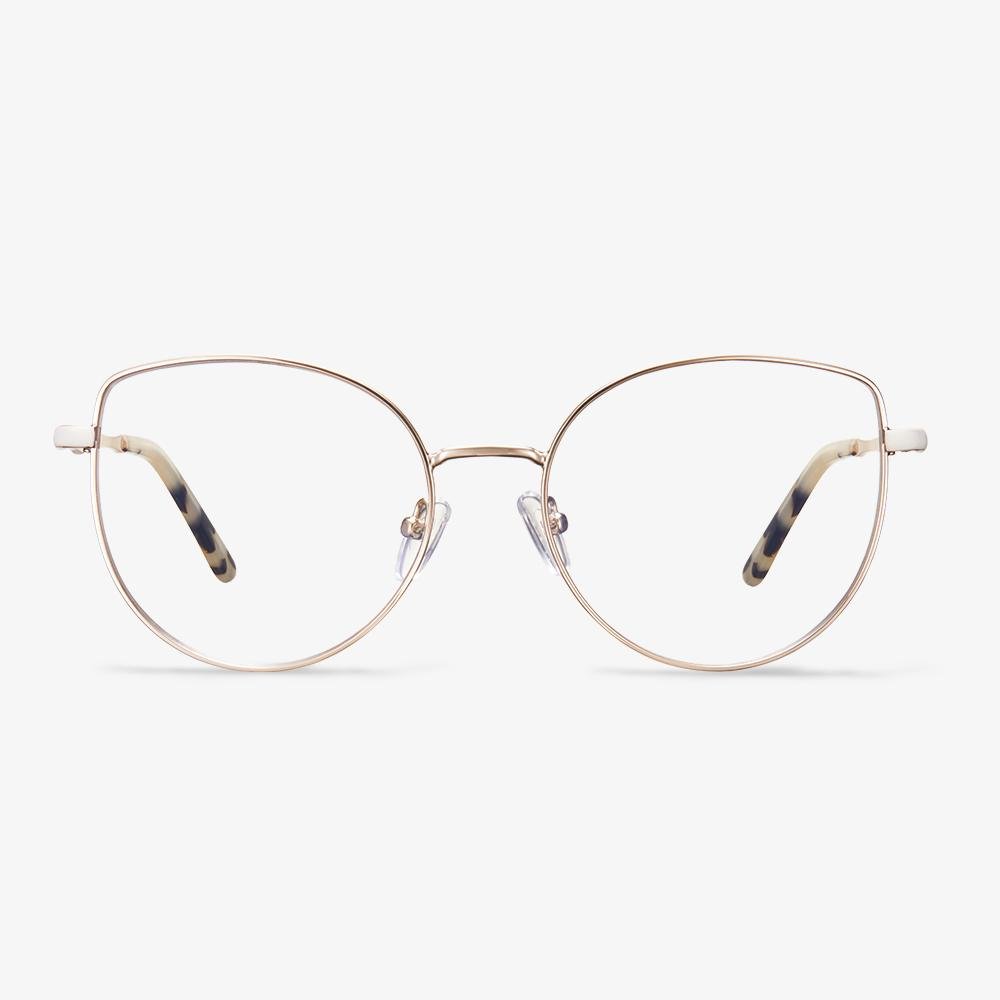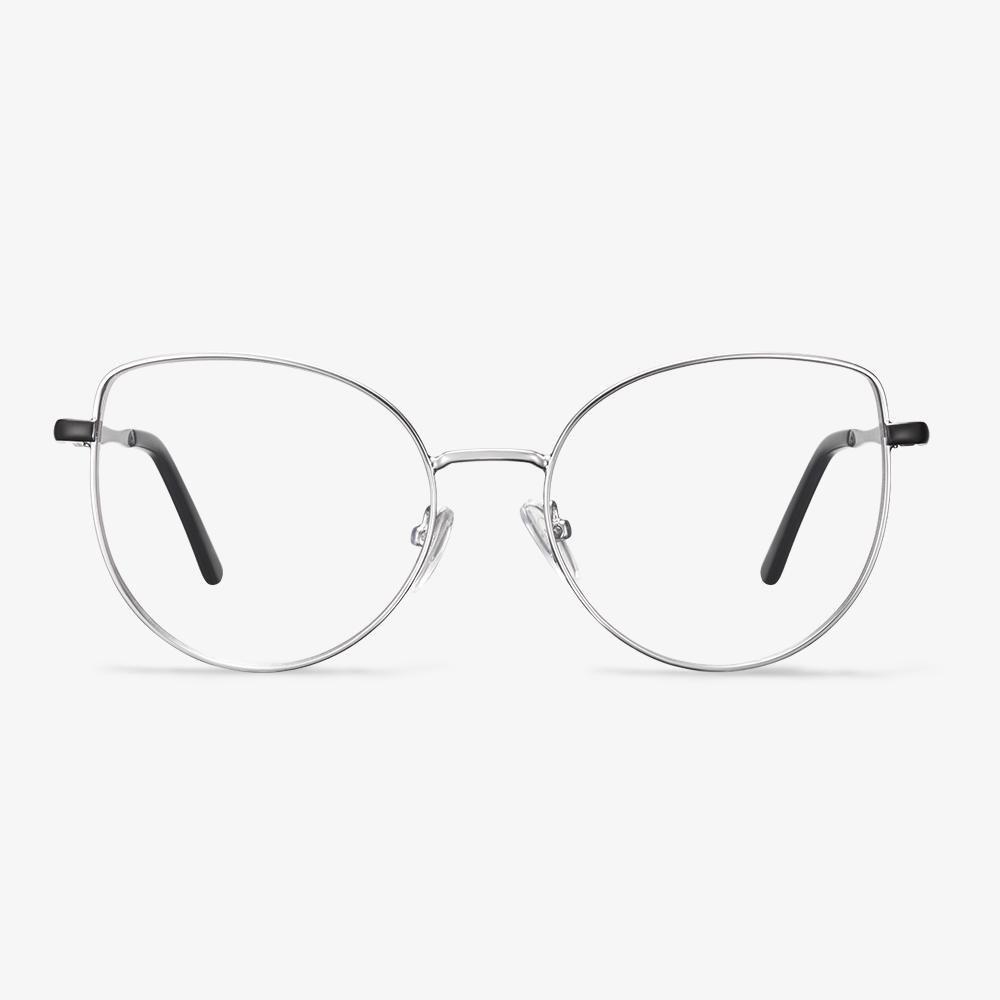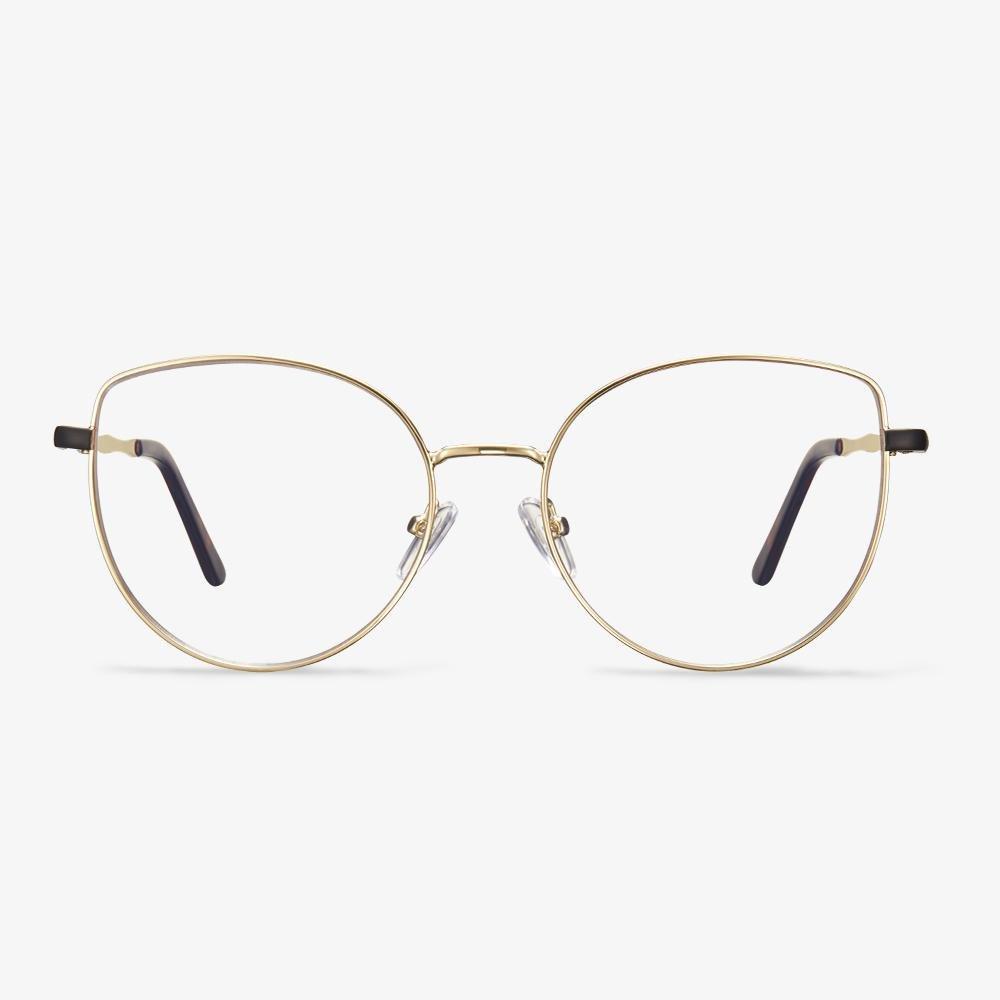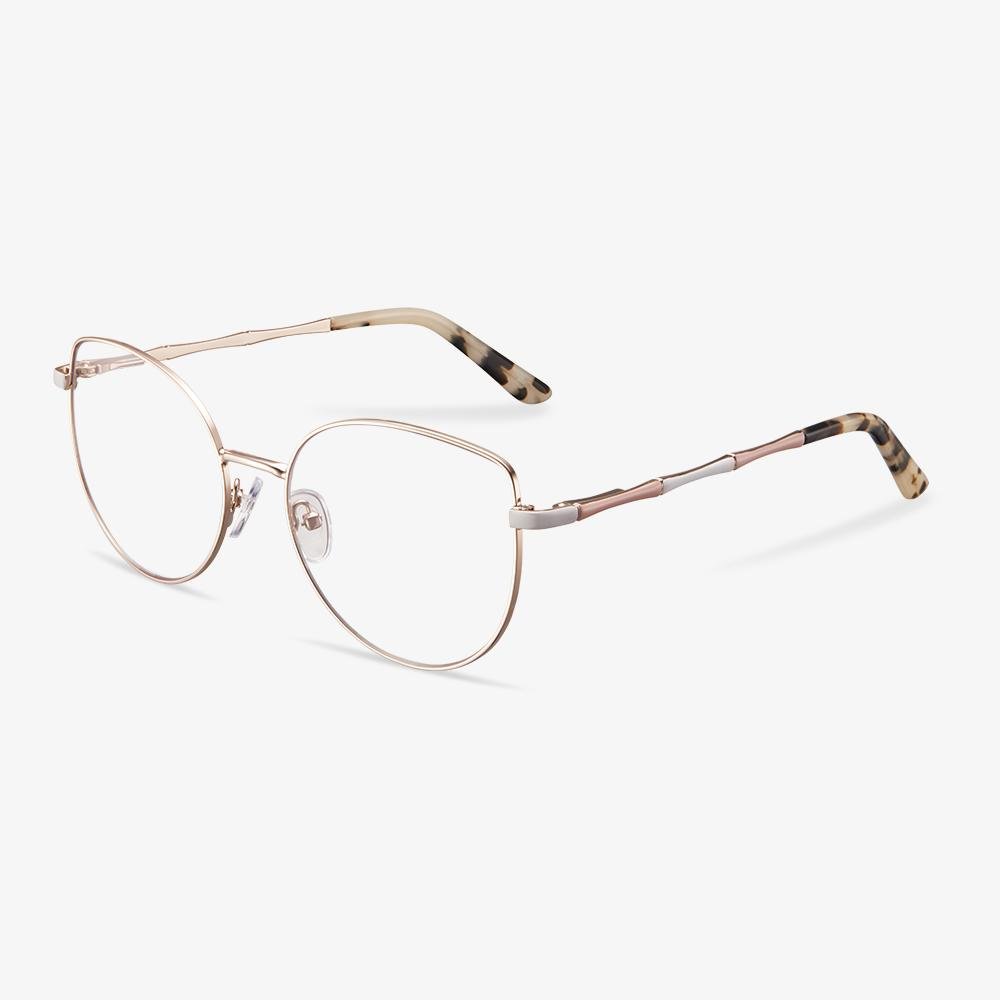Many high school graduates entering college have become increasingly undisciplined, constantly glued to their phones 24/7, staying up all night playing games, and pulling all-nighters during exam weeks.
Therefore, many students face a common problem not long after they enter college: choosing eyeglasses.
For those who are getting their first pair of glasses, if they don't have any knowledge about glasses, they may easily end up choosing a pair that does not suit them, resulting in decreased visual clarity, distorted objects, increased eye fatigue, and the possibility of dizziness, headaches, and nausea.
So, when choosing eyeglasses, how do we select the lenses?
-
Spherical lenses vs. aspheric lenses:
- Lenses can be divided into spherical and aspheric lenses. Compared to spherical lenses, the edges of aspheric lenses are not distorted, correcting aberrations with minimal distortion. When choosing eyeglasses, you can opt for aspheric lenses for a clearer field of vision.
-
Refractive index:
- As the prescription power increases, the lenses also become thicker. Thick and heavy lenses not only affect aesthetics but also bring various inconveniences. However, the thickness of the lens is also related to the refractive index. In the case of the same center thickness, lenses with higher refractive indices will have thinner edges. This is an important criterion to consider when purchasing lenses.
-
Learn how to choose good lens coatings!
- Lens coatings can enhance the performance of the lenses, making them more durable, waterproof, and dustproof. But how can we judge if the lens coating is good or not? Here are a few simple tips to remember:
- Breathe onto the lens and observe how quickly the fog disperses. Good lens coatings will quickly dissipate the fog.
- Put on the glasses and look at the lens's reflection. Usually, good coatings have a shallow reflection on the lens, providing higher light transmission and clarity. In contrast, lenses with lower-quality coatings tend to have more noticeable reflections, usually in deep green or deep purple colors.
- Check the water resistance of the lens. If you let water droplets sit on the lens without wiping it, lenses with good coatings will have fewer water droplets sticking to them. These lenses are more stain-resistant and have a longer lifespan, providing better protection for the glasses. Conversely, lenses with lower-quality coatings will attract more water droplets when exposed to water.
- Lens coatings can enhance the performance of the lenses, making them more durable, waterproof, and dustproof. But how can we judge if the lens coating is good or not? Here are a few simple tips to remember:
-
Select functional lenses according to your specific needs:
- There are various types of lenses available because everyone has different purposes and requirements for eyeglasses. For example, those who often experience eye fatigue due to prolonged close-up work can choose anti-fatigue lenses. Middle-aged and older individuals may opt for progressive multifocal lenses for convenience in daily life. There are also photochromic lenses, blue light-blocking lenses, and more, each dependent on individual needs. For college students, eyeglasses with high clarity and blue light-blocking capabilities that combat eye fatigue are relatively suitable.
Here are a few eyeglasses recommendations suitable for college students:
Koalaeye is a professional eyeglasses website that offers different types of glasses, providing not only clear vision but also various functionalities. However, it's important to remember that regardless of your position, you should always maintain good eye care habits. When choosing eyeglasses, suitability for your own needs is more important than aesthetics.

